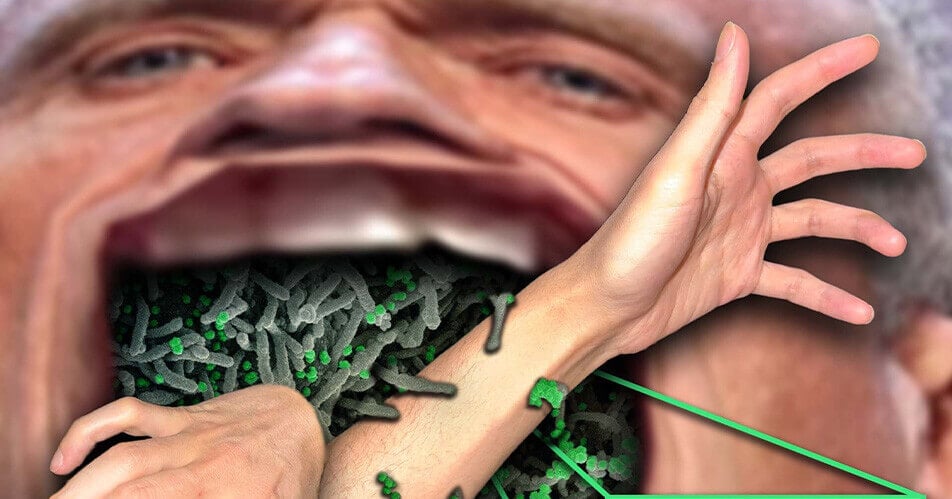Many American liberals today are experiencing anxiety over what they perceive as a post-truth decline in society, particularly regarding the rising distrust in institutional science. A significant concern is anti-science sentiment, seen by some, including vaccine scientist Peter J. Hotez, as a threat comparable to terrorism or nuclear proliferation. The recent appointment of Robert F. Kennedy Jr. as Secretary of Health and Human Services has intensified fears, considering his history as a vocal vaccine skeptic and conspiracy theorist. Many worry that his leadership will undermine public health regulations.
Kennedy’s organization, Children’s Health Defense, champions “medical freedom,” arguing against vaccine mandates and positioning the vaccination debate within a framework of individual rights. Interestingly, while advocating for health autonomy, Kennedy’s economic views remain steeped in free-market principles, leading to a complex intersection of environmental and health issues linked to capitalism.
Despite his environmental advocacy, Kennedy’s approach avoids confronting capitalism’s role in climate issues, framing the struggle against vaccines as a defense of free-market capitalism. In this view, he equates the dangers of vaccines with corporate pollution, which muddles the critical distinction between public health measures and economic exploitation.
Critics argue that the fear surrounding anti-science threats distracts from more pressing issues, like the commercialization and militarization of science. The idea that science should remain apolitical reinforces existing power structures, sidelining necessary political engagement with scientific governance. The author suggests that rather than isolating science from politics, it should be actively politicized to promote public good, equality, and accessibility. The ultimate call is for democratic control over science, advocating for a society where health and medical decisions are acknowledged as human rights rather than merely economic choices.



